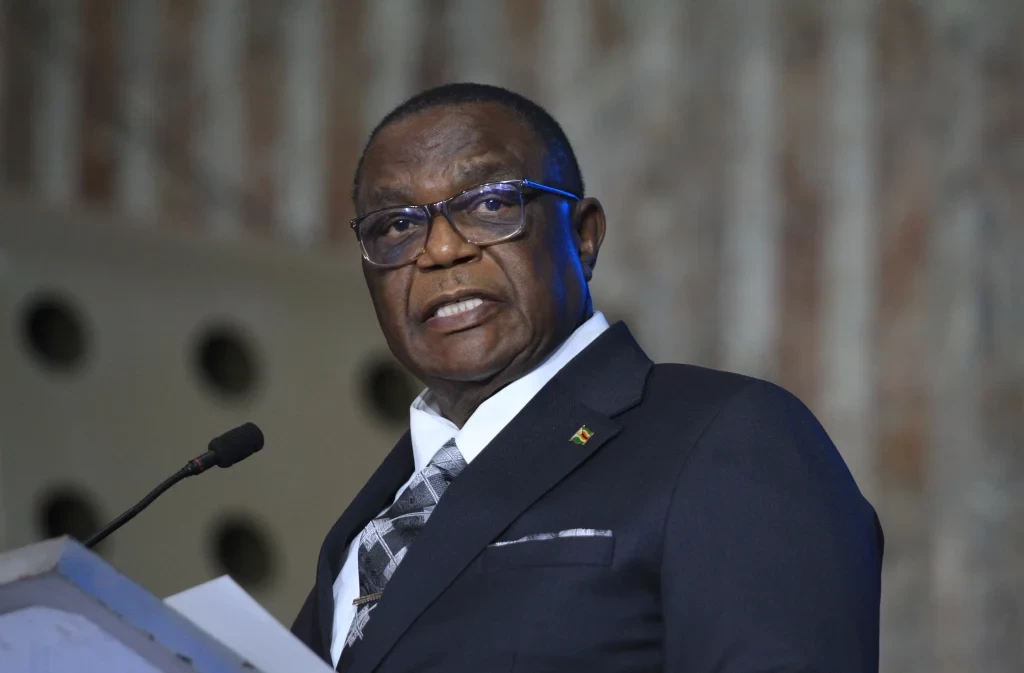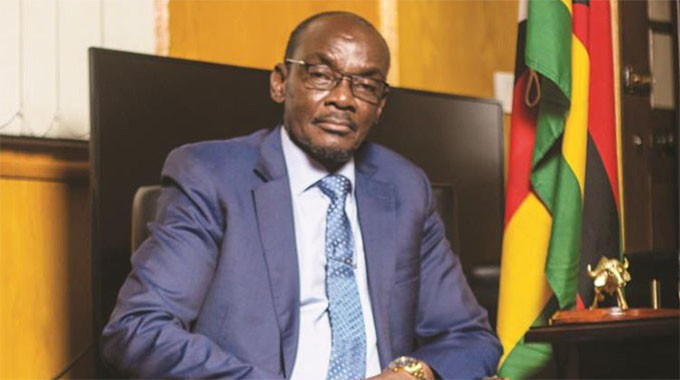
EACH time Vice-President Constantino Chiwenga steps up to the podium, he unleashes a barrage of threats and condemnation against zvigananda — those corrupt individuals who exploit proximity to power for personal gain at the expense of ordinary citizens.
Yet, despite the strong words, no arrests are made, no names are exposed and no meaningful action follows.
The result is mounting public frustration and a steady erosion of confidence in leadership.
Zimbabweans have heard promises before and they know by now that rhetoric without action is little more than political theatre.
Zvigananda have become a daily torment for struggling Zimbabweans.
They hoard opportunities, manipulate systems, grab contracts and shield themselves behind political connections.
They thrive in the shadows because those in authority talk more than they act.
The louder the speeches grow, the more obvious the silence of real action becomes.
- Big send-off for Cont Mhlanga
- Massive ZRP vehicle theft scam exposed
- Zanu PF bigwigs face axe in purge
- Village Rhapsody: Health workers’ grievances need permanent solution
Keep Reading
This is why Chiwenga’s repeated threats now risk sounding like a public relations script rather than the voice of a leader intent on delivering justice.
In June, he promised a “day of reckoning” for the corrupt.
Early this week, he repeated the same warning. But the big question remains: When will that day come — and for whom?
The consequences of inaction are grave.
Without decisive steps, zvigananda appear unstoppable.
Empty threats only embolden them further, reinforcing their belief that they are untouchable.
Meanwhile, citizens bear the brunt of their greed — soaring poverty, collapsing services, and the suffocating sense that merit and honesty no longer matter in Zimbabwe.
Corruption does more than enrich the few; it robs the nation. It diverts funds from schools, hospitals and infrastructure. It deepens inequality, driving more families into poverty.
It kills the hope of young people who see the system as rigged against them unless they, too, join the corrupt network.
This is how nations decay from within.
If the fight against corruption is to be genuine, it cannot depend on speeches alone — it requires institutional reform.
Zimbabwe already has the Zimbabwe Anti-Corruption Commission, the Auditor-General’s Office and the National Prosecuting Authority of Zimbabwe, but these bodies must be empowered, funded and allowed to operate independently of political interference.
Without teeth, they are watchdogs that bark but never bite.
Parliament must also step up.
Lawmakers should demand regular reports on corruption cases, insist on transparency in public procurement, and use their oversight role to keep the executive accountable.
The Judiciary, too, must show that the law is blind — that no political connection, no “big name”, can place anyone above justice.
Ultimately, corruption thrives in secrecy.
Stronger whistleblower protections, transparent declaration of assets by public officials, and tighter monitoring of state contracts are practical steps that could choke off the oxygen zvigananda depend on.
These are reforms that do not require endless speeches — just political will.
Zimbabweans are tired of promises. They want to see handcuffs, prosecutions, convictions and stolen wealth recovered for the benefit of the nation.
Zimbabweans are watching. And they are waiting. Without action, anti-corruption speeches are nothing more than background noise to the zvigananda’s feast.
Zimbabwe does not need more threats — it needs handcuffs, convictions and recovered wealth. Until words turn into justice, the zvigananda will keep laughing all the way to the bank.
And until words are transformed into justice, Zimbabweans will rightly regard anti-corruption speeches as empty noise.






